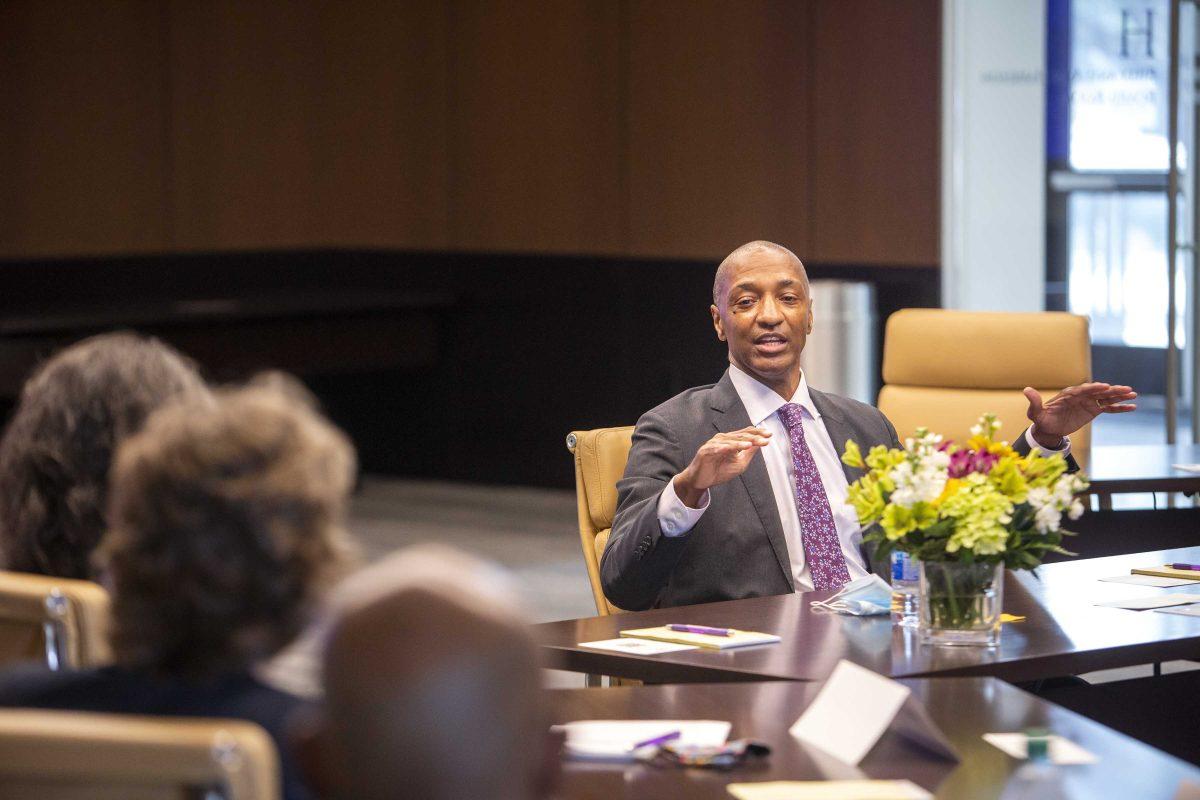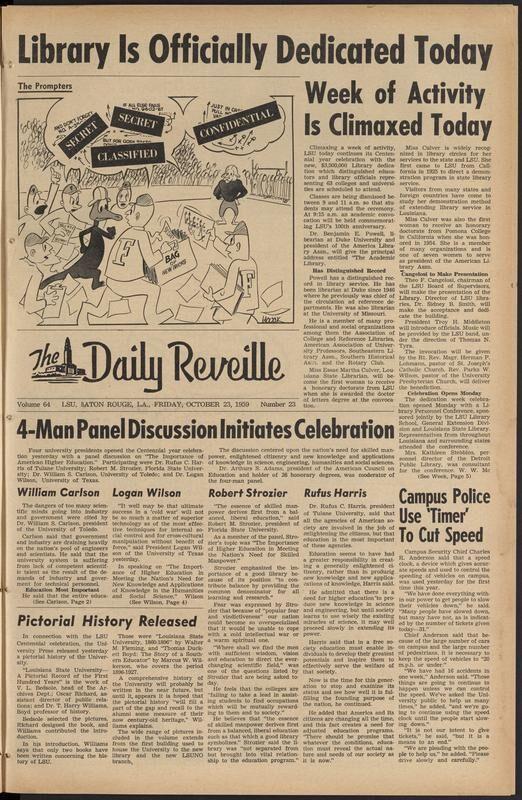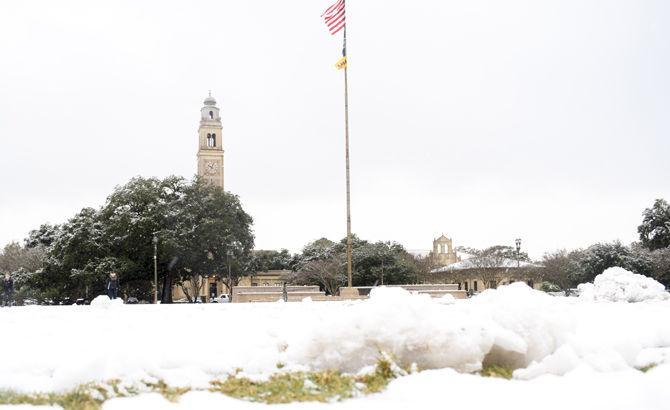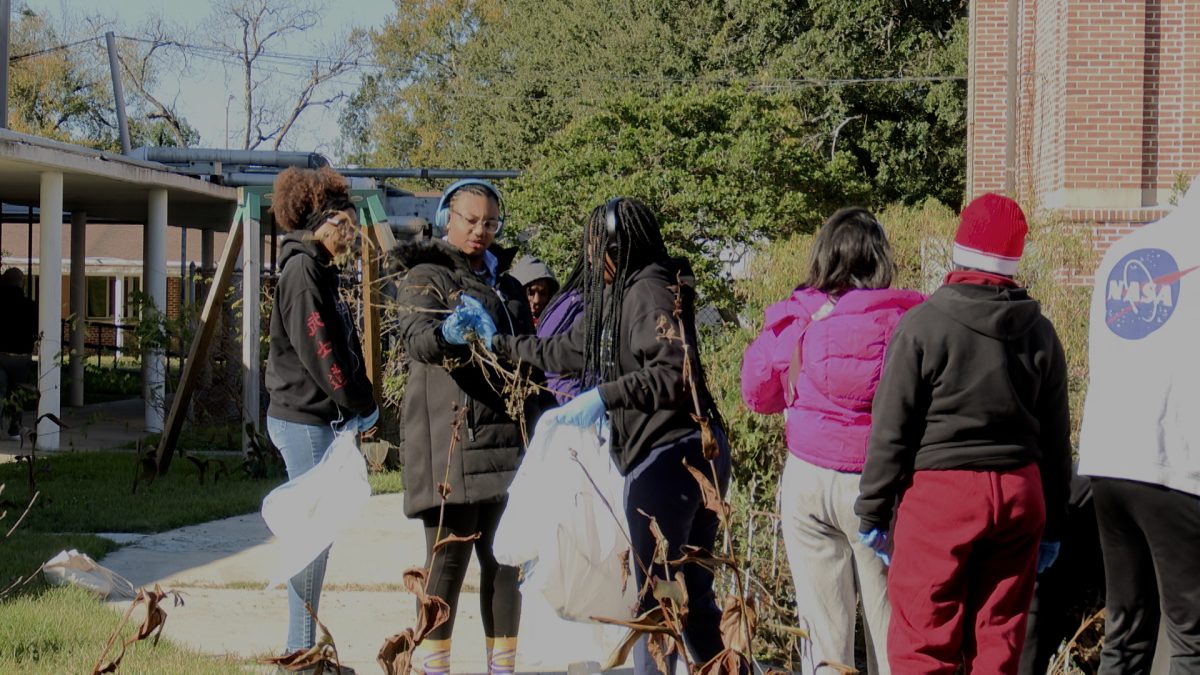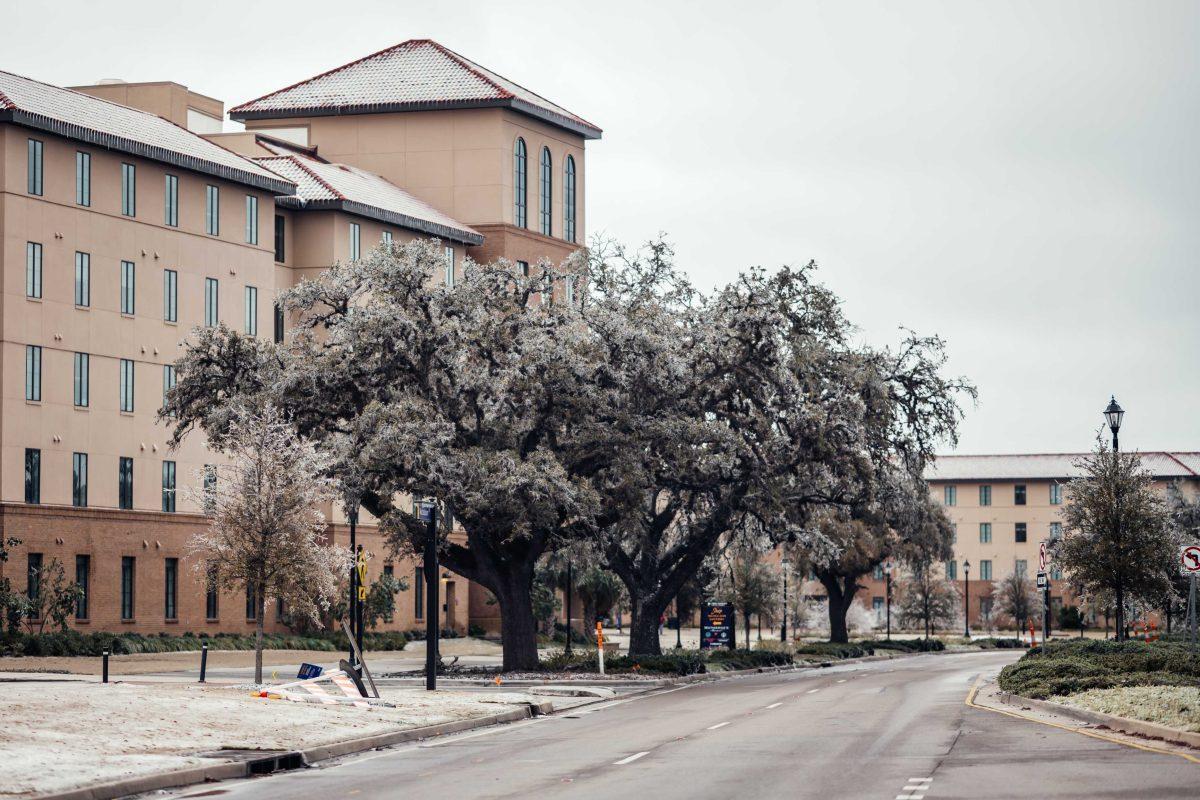As William Tate graciously enters into the role of president at LSU, he has Title IX on his mind. Tate says it’s his No. 1 priority and of utmost importance to rebuilding trust in the institution.
Before coming to LSU, Tate served as provost of the University of South Carolina while the college managed the aftermath of a Title IX scandal in which faculty members were accused of engaging in sexual relationships with subordinates.
Of the four known cases that were investigated, one faculty member will go on paid sabbatical in the fall, one resigned from their position and another is barred from campus while performing administrative duties. These punishments were doled out based on advice from UofSC’s council during the civil litigation period.
Two of the men who maintain status on campus are art professor David Voros and Chief Technology Officer for ITS Mike Dollar. Three lawsuits were filed against Voros. Allegations included exchanging sexual favors for employee benefits, making unwanted sexual advances on faculty and students, violating no-contact orders, as well has repeated harassment, stalking and bullying.
A plaintiff said that Dollar engaged in an affair with her, a subordinate professor, and then forced her to have an abortion after learning he had impregnated her. The plaintiff testified in court that he harassed, bullied and intimidated her with threats of getting her fired if she didn’t comply.
“The laws are very specific about the implications for the different ways of [reprimanding faculty],” Tate said. “If you give them a paid leave, in many respects you have more degrees of freedom about what you can do with them afterwards, and we made those kinds of decisions in consultation with lawyers.”
Tate said his experience at UofSC has better prepared him to manage LSU’s own Title IX problems. He has a few key ideas about how LSU can improve the current system.
“What you learn quickly in Title IX is that it’s important that you have a very clear process that everybody can understand,” Tate said. “If a person who is on the street cannot read your process and understand what’s going to happen, you have to figure out a way to communicate it better.”
The Husch Blackwell report released on March 3 highlighted that many employees who were required to report incidents of sexual assaults were potentially unaware that they had an obligation to do so. In many cases, this enabled abusers to continue harming LSU students.
Tate also noted that an integral part of Title IX is making sure individuals who have been victimized feel comfortable reporting to the on-campus office, now located in 118 Himes Hall. ACLU found that 95% of campus rapes go unreported, and RAIIN similarly noted that only 310 out of every 1,000 sexual assaults are brought to the police.
“We have to make sure people feel comfortable reporting to Title IX and that the investigation process is thorough as well as the part where we take care of the victim and make sure they’re not retraumatized,” Tate said. “If you do that, and do it very well, you’re going to be a national model.”
Tuesday, July 6, was Tate’s first day on the job. He had yet to be briefed on LSU’s two ongoing lawsuits, but will be meeting with General Council and Title IX representatives in the coming week to learn more about where the university stands in these cases.
“I think we need to design [a system], then have the community examine it as well as a set of experts look at it to ascertain whether or not what we put together seems like it’s robust enough to handle a caseload for a place like LSU,” Tate said. “This is a massive institution, and unfortunately there are a lot of cases that are associated with Title IX and have to be managed in a timely fashion.”
Tate said that, as a doctor of epidemiology, he is a strong believer in the peer review system and will be relying heavily on experts to verify LSU’s Title IX methods.
“We’re going to be tested fast, folks,” Tate added. “We have to make sure our design is robust and is something we can replicate over time and be consistent, because if we’re consistent with what we do, we’re going to build more trust in the community.”



